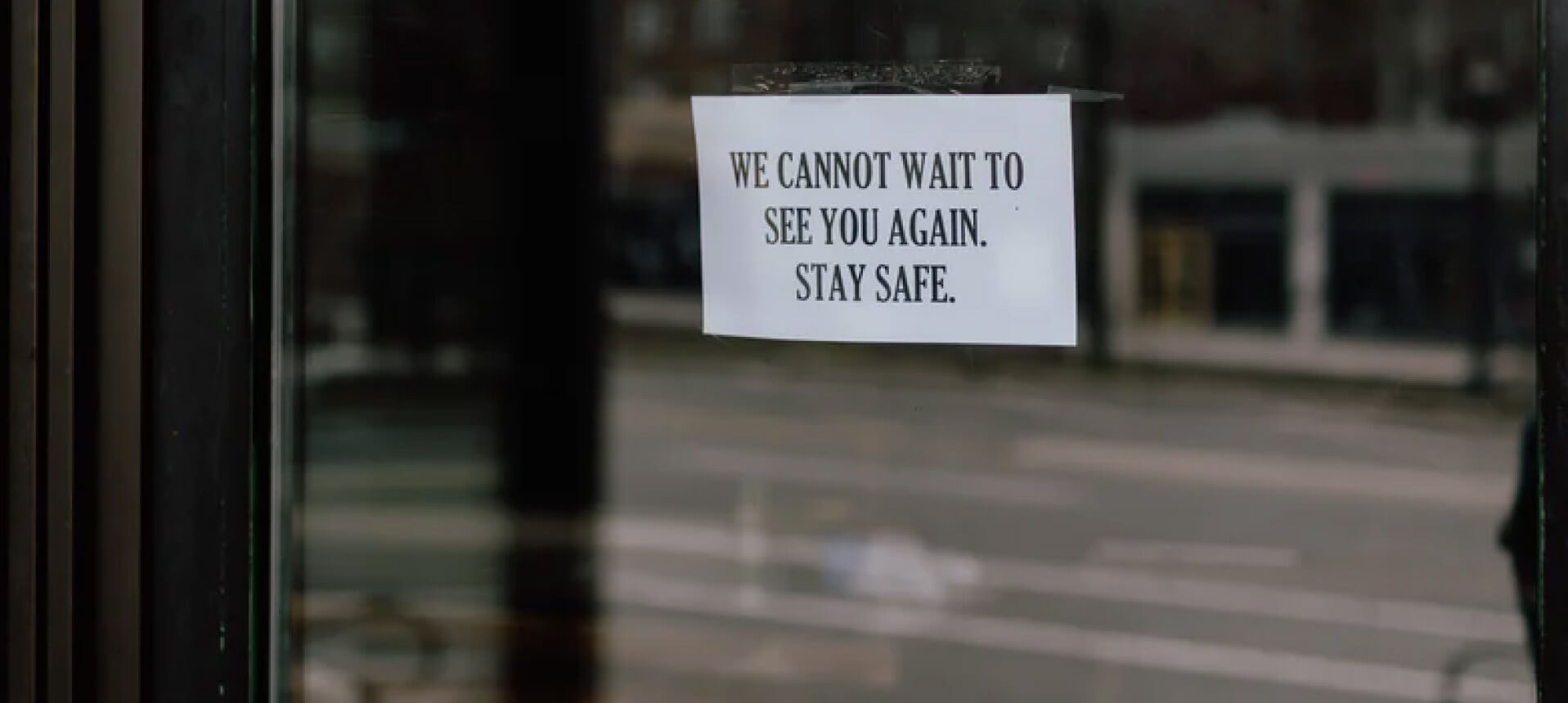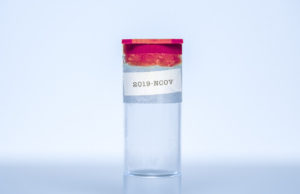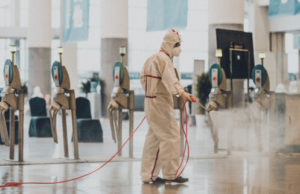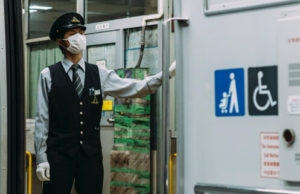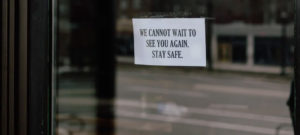The world is slowly easing quarantine restrictions, but for businesses and the general public, some questions still hang in the air.
How do we make up for the losses in profit and productivity?
Is it really safe to go out again? Am I about to take the government to task about the way they handled the biggest health crisis of this generation?
It’s a mess of things for sure, and the answers will definitely depend on which stretch of plague-strewn earth you happen to live on. But since we’re at this point in the pandemic response process, it might be worth looking at how the world’s responded since.
In February, the WHO released the Strategic Preparedness and Response Plan for the Novel Coronavirus, which outlined an overarching strategy for addressing COVID-19. Several guidelines, like the oft-mentioned social distancing measures are lifted from this document.
Now, how’s everyone doing?
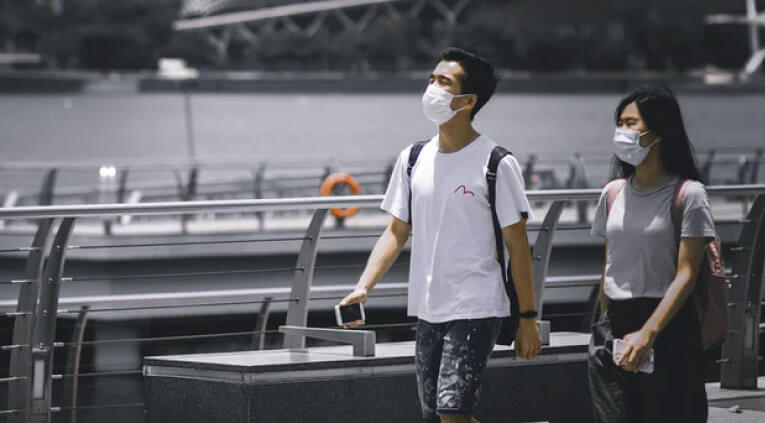
A mixed bag, with lessons for the future
According to the WHO, some of our immediate national goals should include minimizing person-to-person transmission, identifying and isolating possible carriers, communicating risk and event information effectively and mitigating social and economic impact through multi-sectoral partnerships.
Italy, one of the pandemic’s harder-hit countries, has resorted to criminalizing quarantine non-compliance in hopes of curbing viral spread. As early as March, they’ve amassed up to 35,000 recorded cases, and up to 5,000 deaths. They, along with countries like the United States, the Philippines, and Indonesia responded fairly late to the pandemic and have seen uneven local responses and access to resources for mass testing.
Several months in, there is mounting pressure to reopen markets despite the ongoing crisis, with projections citing around $1 trillion in global losses. This might be a bit of a mixed bag. Italy seems to be winding down, but the United Kingdom, and Russia appear to be seeing exponential new reports of COVID-19 cases.
There is a lighter side though. Singapore and Vietnam responded to the threat much, much earlier, and combined with well-researched quarantine and mass testing measures, curbed the spread exceptionally well. New Zealand, Sweden, the United Kingdom, and Argentina, on top of medical support, also get commendations for additional support by way of
- paid sick leaves
- wage
- income support
- mortgage
- rent
- and loan relief on top of free healthcare.
While we’re not out of the woods yet, we move into the future with the knowledge that free, systematic testing, and proper support for essential, and other vulnerable workers should help mitigate the worst of a burgeoning pandemic. Things will inevitably get better, but it’s on us to make it so on a national level.
